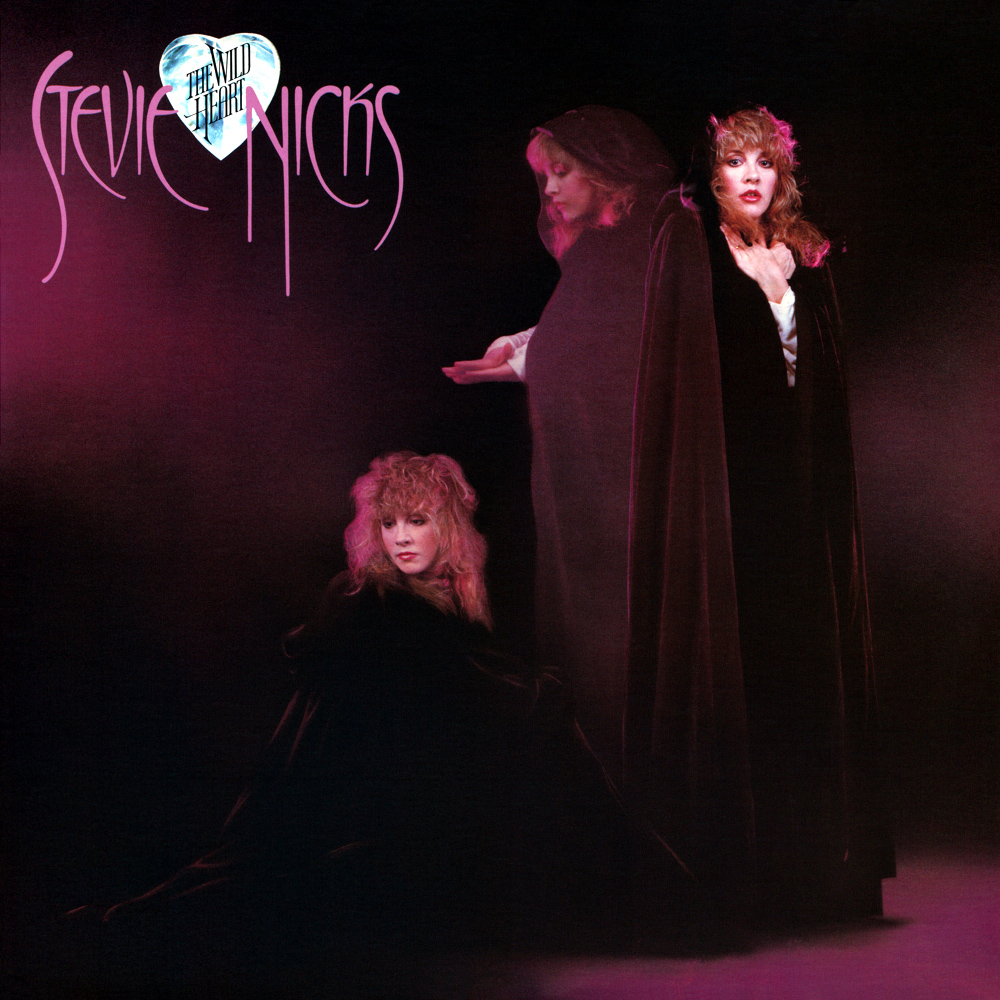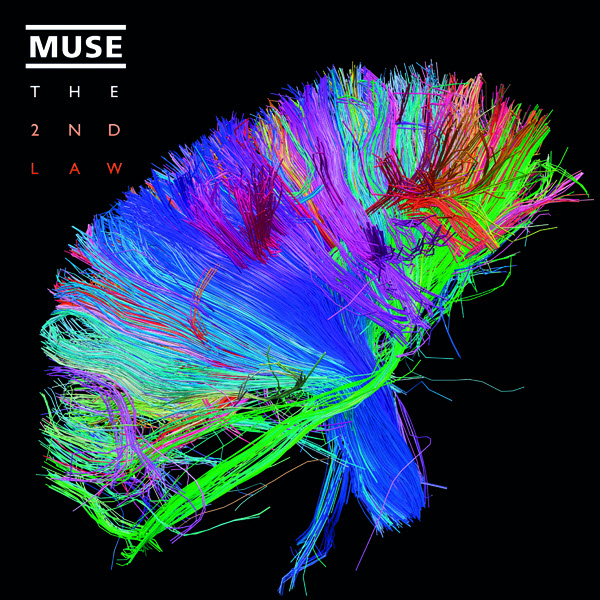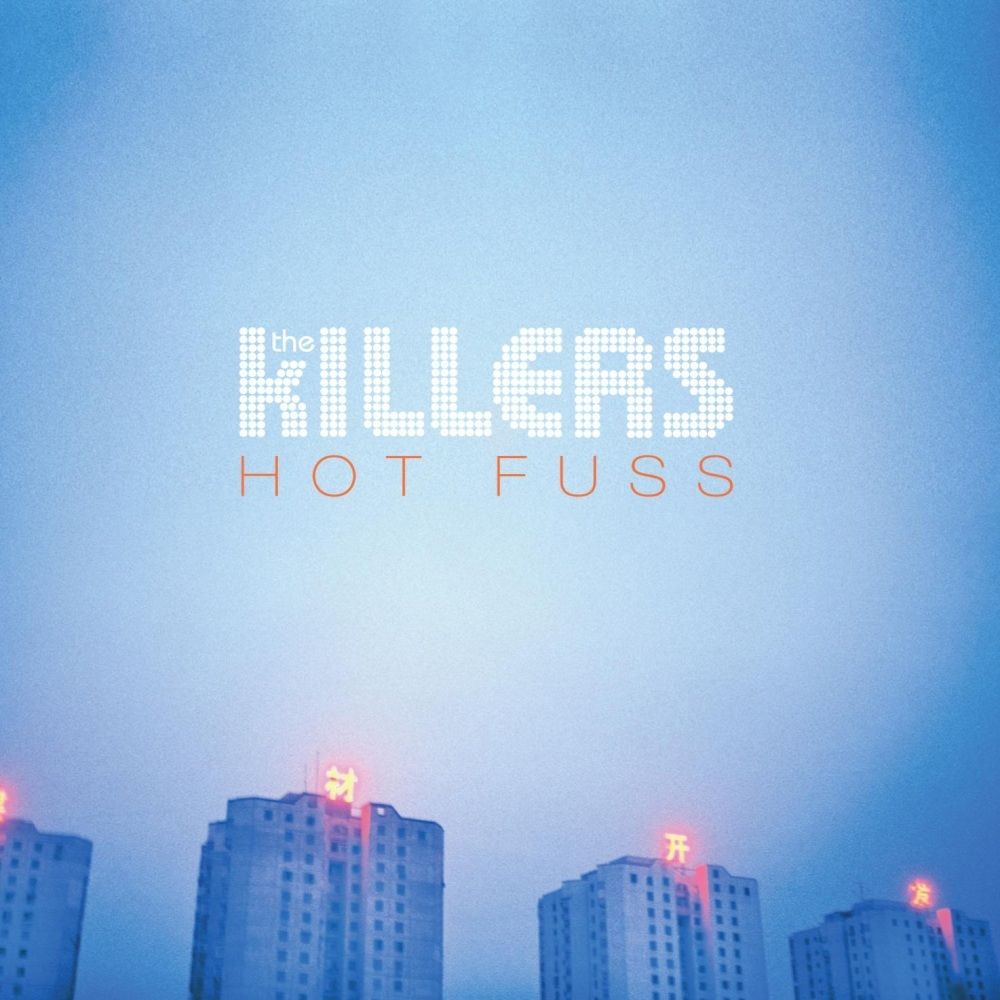The Go-Go’s hit the peak of their career with the very first track on their very first album, Beauty and the Beat. That’s not to say that the rest of their work is a disappointment — far from it — but “Our Lips Are Sealed” is simply a perfect pop record. Instruments build in in classic layers as the song begins — first drums, then rhythm guitar, then lead guitar, then bass, and finally Belinda Carlisle’s voice, smooth and sparkling as crystal. Every layer is excellent. Gina Schock sets an ebullient beat, a springboard for the guitars of Jane Wiedlin and Charlotte Caffey, while Kathy Valentine’s melodic bass dances through the rhythm section like Carlisle through the fountain in the song’s video.
I’ve heard this song hundreds of times since 1981, and it still makes my hair stand on end, every single time. It captures a feeling both carefree and defiant, with lyrics that make a lovers’ conspiracy against the world seem like the most ecstatic expression of young romance. At least, that’s the mood set by the initial verse-chorus-verse, but then there’s a shift as the bridge comes. The bass slides into minor key territory as Wiedlin takes over the vocal duties with an angelic and maternal tone: “Hush my darling / Don’t you cry / Quiet, angel / Forget their lies.”
As Wiedlin finishes her last word, Schock hits the pinnacle of the song, a two-second drum break that feels exactly like an explosion of joy. Valentine buoys the last stroke as the verse comes back in, but this time supported by that Wiedlin angel from the bridge, echoing questions and reassurances: Can you hear them? See right through them. The band reprises the first verse but enriches it with higher harmonies, ending on a thrilling, jubilant vocal chord.

How do you match that? They didn’t, but some tracks on this album come pretty close. Top among the candidates is the iconic “We Got The Beat,” a manifesto of Go-Go attitude, youth, and musical exuberance. “Our Lips Are Sealed” was the band’s introduction, but “We Got The Beat” was when America really fell in love with them, catapulting the single to #2 and the album to #1 for six consecutive weeks. Astoundingly, they are still the only all-female band who writes their own songs and plays their own instruments ever to top the album charts.
Not only that, it’s not as if they rely on the talent of a single great songwriter. Take a look at the songwriting credits on their 5 Top 40 hits:
- “Our Lips Are Sealed”: Wiedlin, Terry Hall
- “We Got The Beat”: Caffey
- “Vacation”: Caffey, Valentine, Wiedlin
- “Head Over Heels”: Caffey, Valentine
- “Turn To You”: Caffey, Wiedlin
Wiedlin, Caffey, and Valentine form the core of the Go-Go’s songwriting team, bringing people from outside the band every so often, writing songs solo or in various combinations, occasionally including Carlisle (who has co-writing credit on one song each from Beauty And The Beat and Vacation) and Schock (who co-wrote one Vacation song and two from Talk Show.) Despite the varied personnel, the songs share a consistent musical and lyrical identity: fun, bouncy, affirming, with a swagger that carries just a hint of darkness.
Take Caffey & Wiedlin’s “This Town”, which sounds like surf rock in deep shade, a ticking rhythm guitar part and a stalking bass line underneath bright harmonies. The first verse and chorus sets the tone for a “Yay Los Angeles” lyrical picture: “Life’s a kick in this town… This town is so glamorous / Bet you’d live here if you could and be one of us.” But then here comes the second verse: “Change the lines that were said before / We’re all dreamers, we’re all whores / Discarded stars, like worn out cars / Litter the streets of this town.” Not exactly pretty postcard fare.
Similarly, “Automatic” has few words, but what it has isn’t reassuring (e.g. “Angles sharp / Crash together”), and its overall mood is slow and spooky. Unfortunately, it’s not one of the album’s brighter moments. I got the sense that Wiedlin was trying for something hypnotic, along the lines of The Motels’ “Total Control”, but it comes out just kinda plodding. It starts a bit of a lackluster slide in the album, a few songs from side 2 that are just okay, as opposed to the fireworks show that is side 1 plus “We Got The Beat”.
I assigned Beauty and the Beat to Robby because I’d been listening to and loving Talk Show recently. I considered assigning Talk Show instead, but decided it was unlikely I’d be assigning another Go-Go’s album anytime soon, so I’d better pick the acknowledged classic. Funny thing, though — after listening to them both extensively, I actually think Talk Show is overall the stronger album. Though it lacks any single moment that reaches the heights of “Our Lips Are Sealed” and “We Got The Beat”, even its lesser songs feel like classics (look no further than the deeply underrated “Capture The Light.”) The Go-Go’s had a brief and brilliant career (setting aside for a moment their 2001 comeback record), and over the short course of it they became stronger and stronger songwriters, if not hitmakers.
Even so, they absolutely bring the goods for most tracks on Beauty And The Beat. It’s inexplicable to me that IRS Records chose “Automatic” for the third single from the album when there are a raft of stronger contenders. From the rocking and vital “How Much More”, to the whirlwind of “Lust To Love”, and the defiant, hopeful “Can’t Stop The World”, this album is stuffed with shoulda-been hits. “We Got The Beat” is clearly the thesis statement, but Valentine delivers the perfect sendoff in the final track: “Can’t stop the world / Why let it stop you?”
Exactly.









